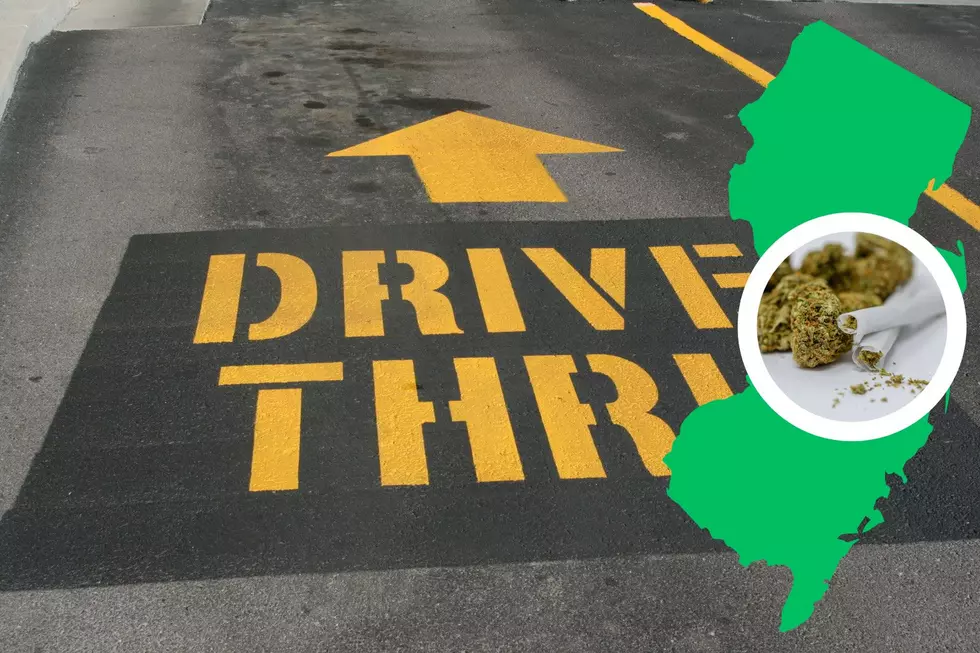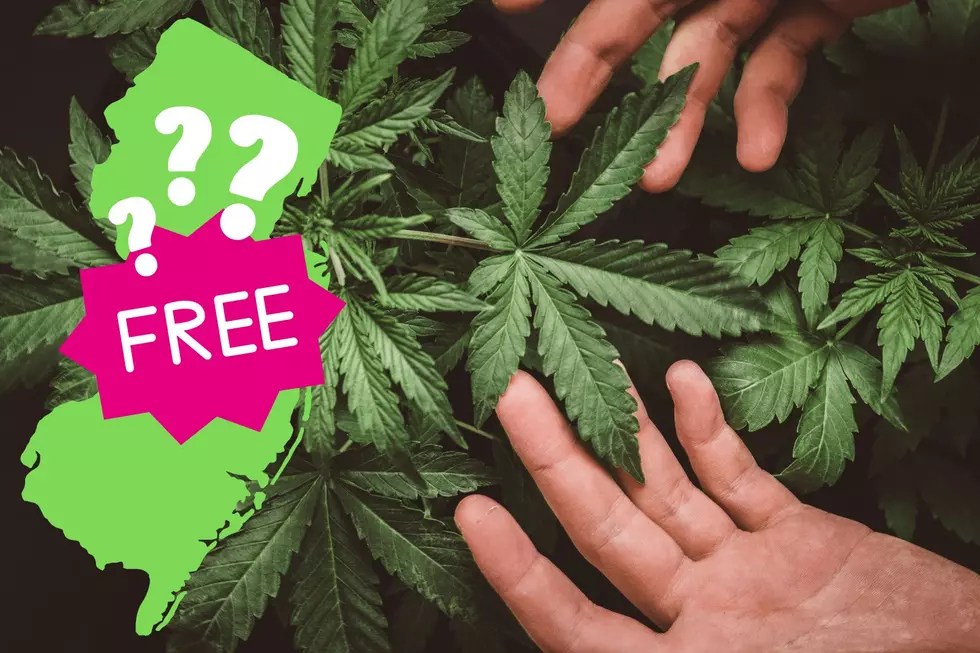
Is Marijuana a Gateway Drug?
New Jersey has been inching closer and closer to legalizing marijuana, with that brings opinions on both sides bombarding social media. To answer the question if marijuana a gateway drug or not is in fact difficult. Many experts will not come right out and say that it is, but they also will not say it is not. The statistics on this topic create a fine line researchers walk on.
Let's start off with debunking the myth that marijuana is not addictive. According to the CDC [1], "...[A]bout 1 in 10 marijuana users will become addicted. For people who begin using younger than 18, that number rises to 1 in 6." DrugAbuse.gov [2] also reports similar statistics and states that, "People who use marijuana frequently often report irritability, mood and sleep difficulties, decreased appetite, cravings, restlessness, and/or various forms of physical discomfort that peak within the first week after quitting and last up to 2 weeks." In the U.S. around 4 million people in 2015, "met the diagnostic criteria for a marijuana use disorder." However, only 138,000 people went for treatment. [2]
Can marijuana negatively impact your health? Yes.
- Memory
- Attention
- Emotions
- Reaction Time
- Learning
- Coordinating
- Decision Making
- Stroke
- Heart Disease
- Bronchitis
- Harm Lung Tissue
- Scarring/Damaging Small Blood Vessels
- Anxiety
- Paranoia
- Disorientation
- Psychosis
- Schizophrenia
- Suicidal Thoughts
- Poisoning
Does marijuana use lead to use of stronger drugs? Yes and no.
DrugAbuse.gov [4] reported on a study done by the National Epidemiological Study of Alcohol Use and Related Disorders, "...[A]dults who reported marijuana use during the first wave of the survey were more likely than adults who did not use marijuana to develop an alcohol use disorder within 3 years..."
According to the CDC [5], people who are addicted to marijuana are 3 times more likely to become addicted to opioids. However, more research must be done to label it as a gateway drug. DrugAbuse.gov [6] reported that, "Researchers are now looking at the possibility that exposure to marijuana as a teen can cause changes in the brain that make a person more likely to get addicted to marijuana or other drugs, such as alcohol, opioids, or cocaine."
Sources: CDC [1], DrugAbuse.gov [2], CDC [3], DrugAbuse.gov [4], CDC [5], DrugAbuse.gov [6],
More From SoJO 104.9 FM









